Regarding Clarity
One of the things that makes the end of the industrial age so difficult for many people today, after all, is the way that it drives a wedge between science and what has often been called scientism. Science, at its core, is simply a method of practical logic that tests hypotheses against experience. Scientism, by contrast, is the worldview and value system that insists that the questions the scientific method can answer are the most important questions human beings can ask, and that the picture of the world yielded by science is a better approximation to reality than any other. Science and scientism are not the same, but it’s one of the most common habits of modern thought to assume their identity – or, more precisely, to fixate on science and fail to notice that scientism as a distinctive worldview exists at all.
This is not a new thing; most sets of intellectual tools have given rise to their own worldview and values. Classical logic followed the same trajectory. Greek and Roman philosophers took logic as their basic toolkit, defined reality as whatever could be reduced to verbal statements and analyzed by logical means, and consigned the rest to the apeiron, the realm of the formless and unknowable. The results predetermined most of the successes and failures of the ancient world’s intellectual history. It’s easy enough to condemn the old philosophers for their failures – the debates about justice, for example, that never quite stopped to ask if there might be something wrong with the ancient world’s economic dependence on slavery – but of course equivalent blind spots pervade modern thinking as well.
What verbal statements were to classical logic, quantification is to the scientific method: phenomena that can’t be expressed in numbers usually can’t be investigated by the scientific method. Many scientists have reacted by consigning anything that can’t be quantified to their own version of the apeiron. Recognizing this bad habit is not a condemnation of science, or even of scientism; rather, it is simply an acknowledgment of the fact that no tool is suited for every job. Still, the natural tendency of a small child with a hammer to believe that everything is in need of a good whacking isn’t the only factor at work here; the scientific method itself very often becomes an obstacle in the way of clarity.
Clipped from an excellent entry @ The Archdruid Report
Jung's collective unconscious can be seen as a variation within the tradition of philosophical idealism. It shares characteristics with the Apeiron of Anaximander, the One of Parmenides, and the Forms of Plato. It also calls to mind the Pleroma of the Gnostics, the Categories of Emmanuel Kant, and the Will of Arthur Schopenhauer. What justifies Jung's notion as psychology and not philosophy is his insistence that the collective unconscious is an empirical fact attested to by the common experiences of humankind over many ages and cultures. Jung's proof is phenomenological, and he avoids claiming a priori truths whether or not he believes they exist.
In spite of his avoidance of ontological affirmations, Jung often appears to suggest that the collective unconscious is a metaphysical reality, which invites less sophisticated analysts to engage in ideological thinking and inflated claims to transcendent knowledge. In his review of Jung's autobiography, Winnicott says that the positing of a collective unconscious results from Jung's split psyche and "was part of his attempt to deal with his lack of contact with what could now be called the unconscious-according-to-Freud." (Winnicott, 1964) With this criticism, Winnicott dismissed Jung's and perhaps all efforts to speculate about and derive heuristic guidelines consonant with an ultimate ground against which lie subjectivity, consciousness, and the very mystery of life. As Jung points out, the alternative is a void (Jung, 1948).





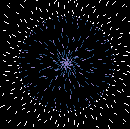



















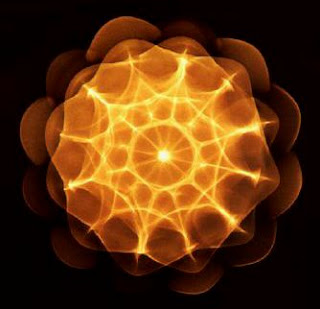

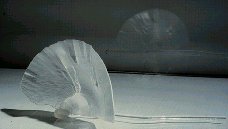

















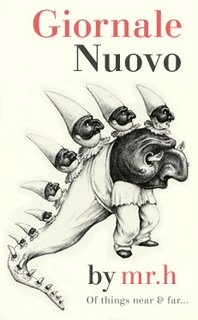






























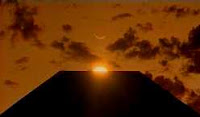

























0 Comments:
Post a Comment
Subscribe to Post Comments [Atom]
<< Home